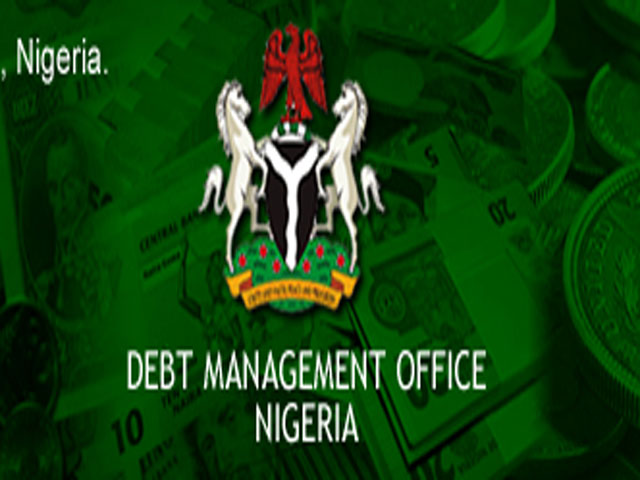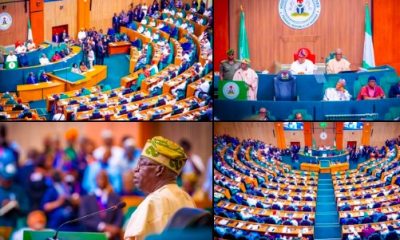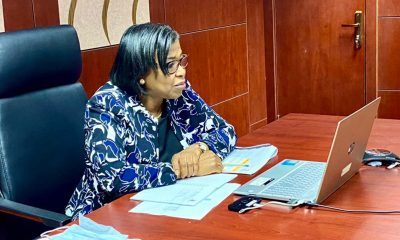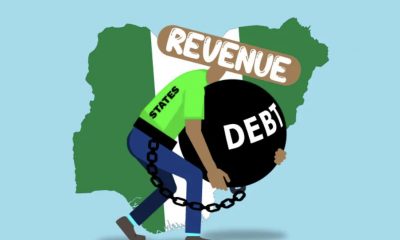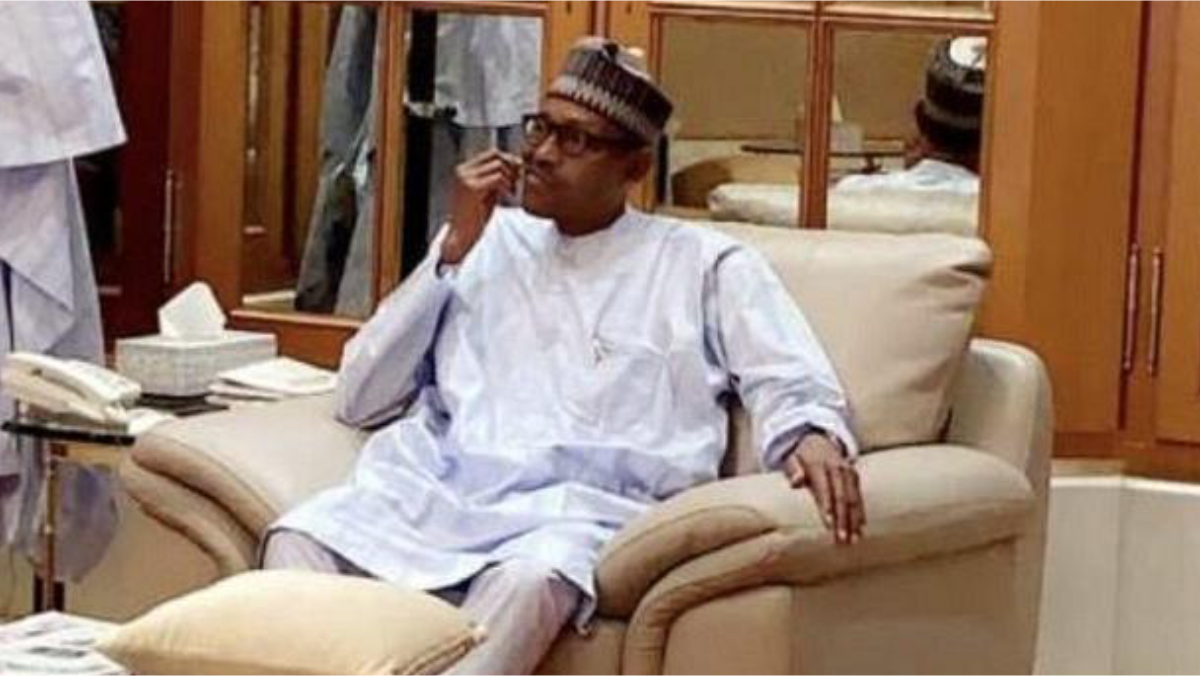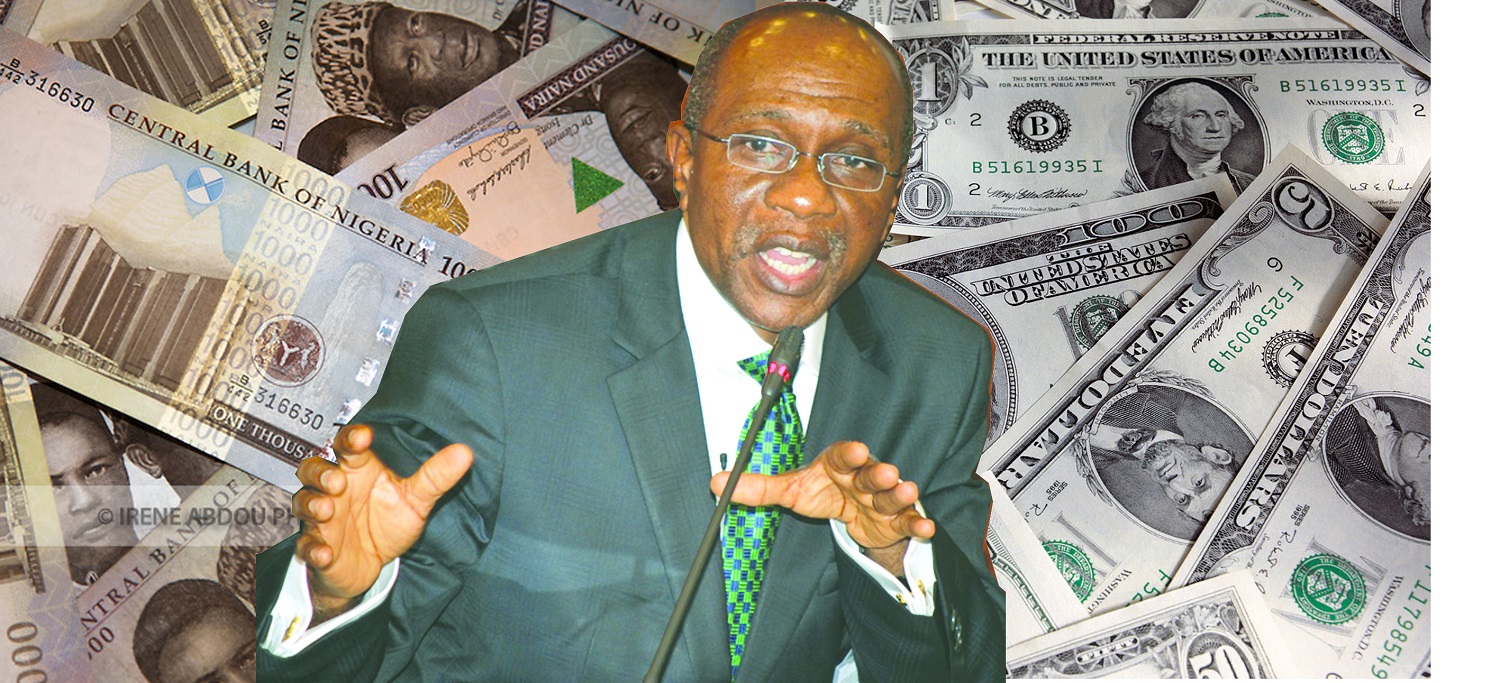The federal government spent a total of $357.26m in the first three months of the year to service external debt, the Debt Management Office has disclosed.
Statistics obtained from the DMO in Abuja showed that commercial loans gulped the largest amount spent on external debt servicing in the first quarter of the year.
A total of $210.76m was spent on commercial loans. This represented 58.99 per cent of the external debt servicing spending. The commercial loans include Eurobonds whose maturity dates range from 2018 to 2038.
Multilateral loans were another component of the external loans that consumed some considerable resources in servicing. A total of $79.4m representing 22.22 per cent was spent on servicing multilateral external loans.
The multilateral loans include funds dispensed by the International Bank of Reconstruction and Development and the International Development Association, two arms of the World Bank; the African Development Bank and the Islamic Development Bank.
A total of $67.1m representing 18.78 per cent was spent on bilateral loans. The bilateral loans included funding from the Export-Import Bank of China that funded the Nigerian Communications Satellite project and the Nigeria National Public Security Communications Systems project.
Other projects funded by the Nigeria Railway Modernisation projects (Idu-Kaduna section and Lagos – Ibadan section), Abuja Light Rail project, Nigeria ICT Infrastructure Backbone project, Four Airport Terminals Expansion project, Zungeru Hydroelectric Project and Rehabilitation and Upgrading of Abuja-Keffi-Makurdi Road project.
Other bilateral institutions that lent money to Nigeria included the EXIM Bank of India, the French Development Agency, the Japanese International Cooperation Agency and KFW Germany.
The cost of debt servicing had been a source of concern to the government and to other economic actors who are worried that a large proportion of the country’s revenue goes into debt servicing.
The Federal Government had proposed to spend a total of N2.26tn on debt servicing in the 2019 fiscal year. The proposal for debt servicing was more than 25 per cent of the N8.83tn which the Federal Government had proposed for 2019.
Similarly, the government had proposed to spend N2.01tn on debt servicing in 2018. This means that the proposal for debt servicing in 2019 is 12.44 per cent higher than what was proposed for the same purpose in 2018.
However, actual debt servicing expenditure can vary from proposed debt servicing expenditure. In the first nine months of 2018, for instance, the Federal Government had spent N2.21tn on domestic debt servicing, which was more than it had proposed to use for debt servicing in the entire year.
The DMO had explained that it resorted to borrowing more from foreign sources in order to take advantage of lower borrowing rates abroad.
However, the country’s domestic debt is still above the 60 per cent target, according to statistics released by the government on Wednesday.

 Business1 week ago
Business1 week ago
 Entertainment6 days ago
Entertainment6 days ago
 Entertainment3 days ago
Entertainment3 days ago
 Latest1 week ago
Latest1 week ago
 Comments and Issues6 days ago
Comments and Issues6 days ago
 Business6 days ago
Business6 days ago
 Health1 week ago
Health1 week ago
 Comments and Issues6 days ago
Comments and Issues6 days ago
